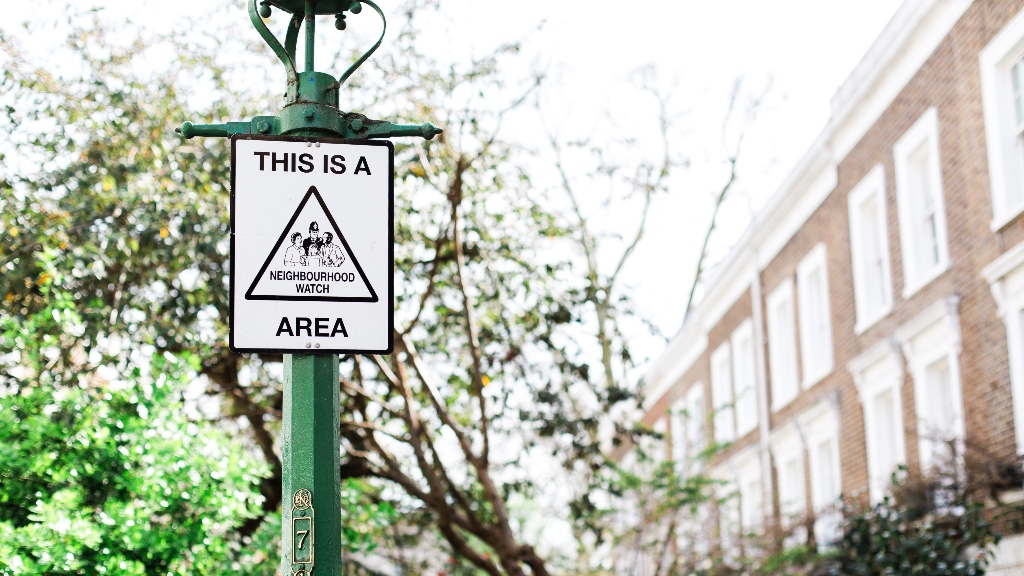

 REALTORS Resource Center
REALTORS Resource Center
In an ABC 20/20 program, Barbara Corcoran stated “Being in the real estate business is one of the most high-risk businesses in the Nation,” and agreed that “Real Estate Agents are like sitting ducks.”
There are weekly reports of incidents involving real estate agents across the country, as agents are lured to properties by predator’s intent of assault, robbery, or worse. It might be helpful to know the makeup of a predator, how they operate and how not to be selected as a target in the first place.
What makes a predator different from you?
Predatory criminals have a need to be in control. You probably already know someone whom you might refer to as a control freak; it’s highly likely these individuals grew up in a chaotic, violent, or addictive home. These individuals often had parents who did not act consistently and reliably, where love was uncertain, or had conditions placed on its offering.
Thus, the act of controlling others became the only certain way to predict the behavior of others. Their way of gaining some form of twisted sanity. These individuals would have started out as troubled bullies in the playground, because this is where the formative lessons are learned; how to read body language and how to instinctively form an opinion about how easy you will be to dominate and control.
Once they understand how to prey upon human nature, some (but not all) will become what we’d call a “predator.”
Predators operate by selecting weak victims
Rapists, muggers, abusers, and bullies all look for someone they can dominate and control. They look for weak, submissive, and unaware targets that won’t or can’t fight back.
You have a say in whether or not you will be an easy target for predators.
At the least, you should follow NAR’s advice and meet at the office, take copies of the prospect’s ID and tell the staff where you will be.
Better though to follow CAR’s (California Association of Realtors) more detailed recommendations: “Before meeting a client, conduct a background check; ask for name, phone number, email address, home address, and date of birth, and ask them to text or email you a picture of their driver’s license or government-issued photographic ID.”
But even if you have verified the photo ID of a strange prospect in advance of meeting, it’s inevitable that some real estate agents will still find themselves in situations that still might prove deadly. Following these simple steps will keep you safer when showing homes to strange prospects.
What the industry should do for agent safety
Brokers already have a legal and fiduciary responsibility to supervise their agents in the course of their business. They must implement safety procedures and standards as soon as possible – they are simply not optional in today’s environment.
Checking and verifying prospect’s photo IDs should be an industry standard. When you check into a hotel, rent a car, or look at an apartment you will be required to submit your photo ID. Why should looking at homes with a real estate agent be any different? It should be our industry-standard, just as it is in the travel industry, so let’s make it so.
What you as an agent can do, starting now
No commission will ever be worth compromising your safety. Take appropriate measures considering the circumstances, your surroundings, and who you are with. Follow the list of safety measures above.





Blog articles are purely for educational purposes and provides generalized information of the topic(s) covered. These articles should not be considered as legal advice.
